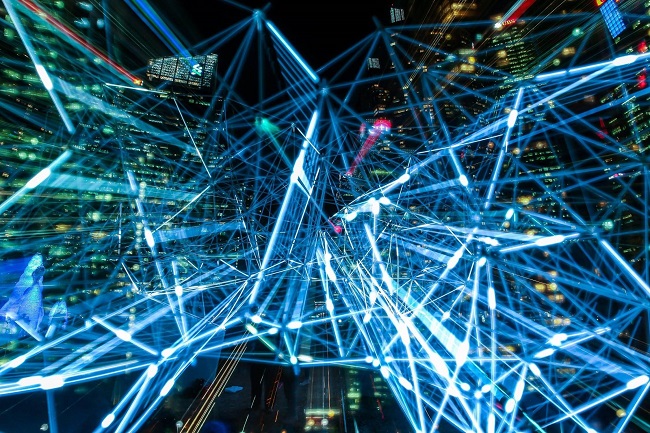It’s been estimated that by 2021, approximately $57.6 billion will be put into artificial intelligence systems. From this statistic, it can be concluded that numerous different industries – if not all – will be utilizing this technology in their everyday tasks and business plans. Despite the worry that AI will be taking over thousands of jobs, what needs to be recognized is that its use will actually create 133 million new roles for people to take on. For most industries, the integration of AI will lead to great benefits from increased productivity, eliminating repetitive tasks, and overall, it will help businesses become more successful, both internally and externally.
How Will AI Change The Future Of Work?
AI will provide many benefits that relate to the future of the working world. For employees, repetitive tasks will be handled easily, leaving more time for workers to put their attention to more creative or innovative matters. The use of this technology will also benefit workers by providing them with quick methods to assess work that includes large amounts of data and information.
For employers and their businesses, AI will be beneficial; towards problem-solving situations as well as a great tool for researching. AI being able to scan through masses of data, this will allow businesses to get a better understanding of consumer trends and customer needs. In addition to that, AI will also provide higher security systems that can help businesses stay safe against cyber hacks and data breaches.
So, what is the future of artificial intelligence? It’s a productive, improved one for businesses with a 40% increase in overall company valuation as well as improving employee and consumer experiences; but with needed consideration for the work skills and education needed for workers to first adapt to this technology.
Impact of AI on Future of Work
AI is without a doubt going to improve economic growth but workforce issues will need to be discussed. Overcoming the challenges AI will bring to the workforce needs to be prioritized by companies in order for it to be successful. Below are several approaches a business can take in reference to employees hardships that relate to AI:

Educational Courses: Although, AI will likely take away some jobs that require lots of repetitive work, that doesn’t mean that you’ll need to terminate these positions for your workers. Instead, sitting your employees down and having them take required educational courses on AI could not only help save their jobs, but create well-informed employees with working knowledge of this technology who can better utilize it moving forward.
Bring Awareness: If your company has not yet emphasized the importance of digital growth, this is the time to instill it into your employees. This could be done by simply sending out weekly company emails with attached articles on different AI and digital topics or more hands-on training practices and classes. The more you bring awareness to this, the more your employees will see its importance and hopefully educate themselves and stay updated regarding the future workplace environment.
Give Benefits: Just because your business could be increasing profits through the use of AI, it doesn’t necessarily mean your company should cut budgets immediately to incorporate it. AI has the potential to discourage workers so as your business integrates it into its plans, compensate and offer bonuses and rewards to employees that are drastically affected by it. Happy employees create a happy and motivated workforce.
AI Automation: The future of automation in the workplace is predicted to drastically change the landscape for factory workers. In response to this, employees will need to give employees the opportunity to educate themselves on the technology to keep them employed and have them work on overseeing the manufacturing process and other areas of concern.
Overall, don’t eliminate, but educate employees about AI. Simply because an employee has no initial background knowledge of this technology doesn’t mean they aren’t capable of adapting and learning new ways to incorporate it into their everyday work tasks.
Conclusion
The integration of AI across different industries will be something that will constantly need to be worked on for both companies and their employees. There will be challenges but importantly there will be benefits. The impact on AI on user experience, workplace integration, and business as a whole will be an evolving matter over the next several years. As a business owner, be hopeful of the future of your company and its employees, working at educating all and sculpting a better workforce overall.





Tell us your thoughts in the comments